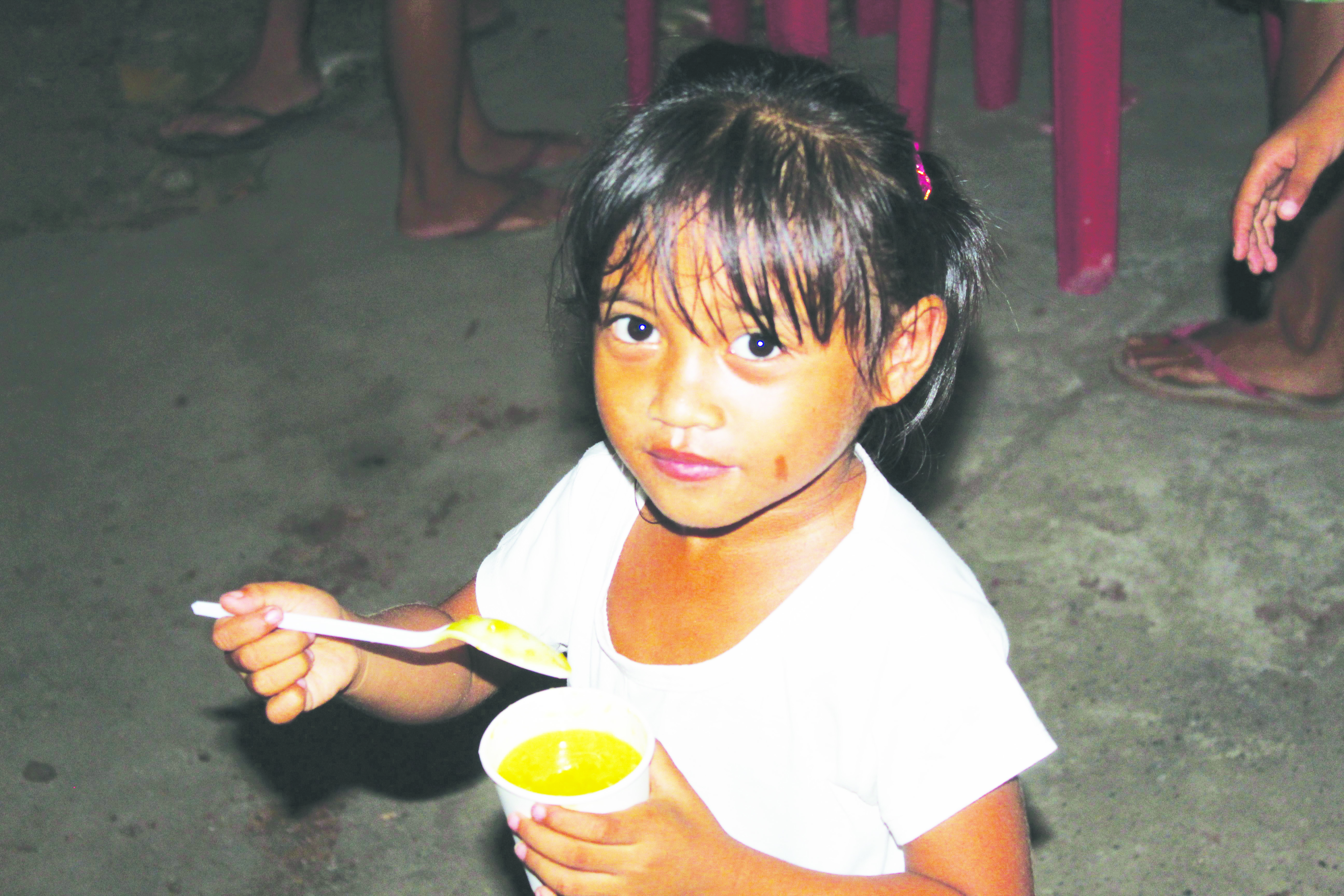“Many drivers aren’t aware how being tired can affect their driving,” NSW Minister Duncan Gay said as he launched the new road safety campaign Don’t Trust Your Tired Self.
“It’s one of the top three killers on NSW roads, along with speeding and drink driving.
“Crashes due to tiredness are also twice as likely to be fatal than other crashes. You can’t brake while you’re asleep.
“You might be a good driver, but your tired self isn’t. Do not trust them behind the wheel.”
Minister Gay said last year 62 people died and 1,959 people were injured on our roads in fatigue related crashes.
“Last year there were more deaths due to people driving tired than drink driving,” he said.
“It’s time to bring driving tired into the road safety spotlight and that’s what this campaign is about.”
General Manager of Transport for NSW’s Centre for Road Safety Marg Prendergast said research also shows tiredness is not only an issue for people taking long journeys or driving at night.
“Crashes related to tiredness are more likely at night when your body is used to being asleep, but many also occur at other times of the day including early morning and during the afternoon,” she said.
“You have to consider how tired you are any time you drive, whether it is a short or a long trip, day or night.
“We need drivers to realise that you don’t have to be extremely tired and struggling to keep your eyes open to dangerously impair your driving ability. You can simply just be tired from a long day, a big night, after working a shift with strange hours, or tired from concentrating on the road while the kids yell in the back seat.”
Minister Gay said the launch of the Don’t Trust Your Tired Self campaign coincides with one of the busiest times of the year on the roads – Christmas and New Year, when many people burn the candle at both ends before jumping in the car with their family for a long road trip or to get to family and other social events.
“One of the important points of this campaign compared to previous ones is that we will be asking people to think about ‘tiredness’ instead of ‘fatigue’,” he said.
“Research tells us that people who would think of themselves as being tired, wouldn’t necessarily think they are fatigued. It might sound like semantics, but it’s an important change in our language to drive the message home to more people.
“We all know how tiredness can creep up on us in modern life, but what many drivers don’t realise is how dangerous it is when we’re tired behind the wheel.
“Being awake for around 17 hours has a similar effect on your driving ability as having a blood alcohol content of 0.05 – so it’s just like being over the limit.”
Planning ahead is the best way to deal with tiredness. Transport for NSW has developed a new website to help people assess how tired they might be and learn how to avoid driving tired.
Visit testyourtiredself.com.au for a fun and simple test based on a series of questions, memory challenges and reaction responses to see how tired you might be before driving, but more importantly find out what to do before getting behind the wheel to avoid driving tired.
“You can test your tired self on a mobile phone, tablet, laptop or desktop computer and get some great tips if the test does say you might be too tired to drive, such as having a nap or a good night’s sleep,” Minister Gay said.
“Research also shows your ability to judge how tired you are declines the more tired you become. So if you’re planning to get behind the wheel, head online and test your tired self – it only takes a few minutes but it could save your life.”
NSW Police Traffic and Highway Patrol Operations Commander, Superintendent Stuart Smith said police will be getting behind the campaign in a number of ways, including branding a number of police vehicles with Don’t Trust Your Tired Self messages.
“Unfortunately tiredness is not something police can detect like alcohol. This is why this education campaign is so important to us,” Supt. Smith said.
“Police see the tragic aftermath of what happens due to these crashes.”
The Motor Accidents Authority has provided a financial contribution to this campaign in recognition of the significance of tiredness as a key road safety issue.







Leave a Reply